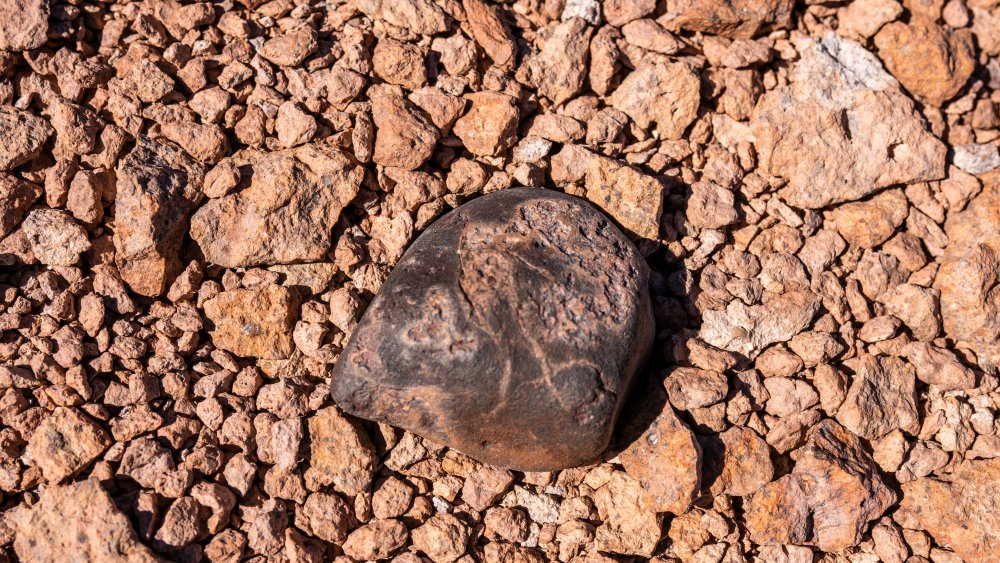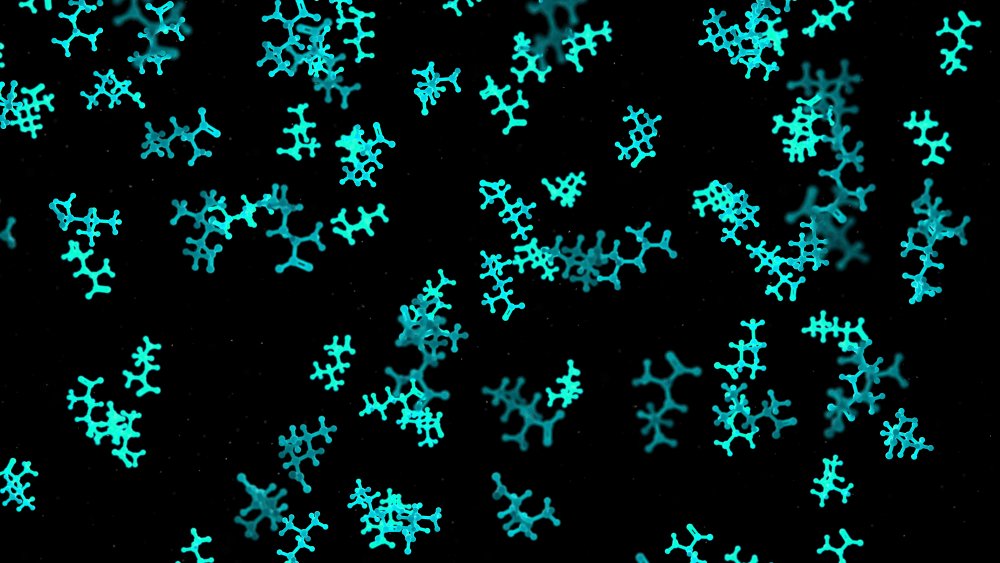Scientists Claim To Discover Extraterrestrial Protein In Meteorite
Turns out, scientists don't even have to go into outer space to search for extraterrestrial life. Sometimes outer space just comes to them in the form of meteorites. In a scientific paper recently uploaded to pre-publication server arXiv, researchers claim to have discovered a protein of extraterrestrial origin sealed deep inside a meteorite that crash landed into Earth in 1990. If other teams of researchers can confirm this result in the coming months, it will be the first time scientists identified a protein that didn't originate at home.
Proteins describe a diverse category of organic compounds that form from polypeptide chains of chemicals known as amino acids. Amino acids and the proteins they join to create are considered the building blocks of life on Earth. All known biological structures are created by the generation and folding of proteins pursuant to instructions detailed in strings genetic code carried by DNA and RNA. While proteins can theoretically be created through abiotic processes (meaning: not aliens), this discovery is alluring for its novelty and potential.
Space rocks keep yielding up the building blocks of life
Meteorites have proven a fertile hunting ground for evidence of extraterrestrial life. So far, researchers have discovered other organic building blocks like cyanide and ribose, a type of sugar that forms the spine of the RNA molecule. The Atkins-friendly meteorite that was the subject of the recent study was discovered in Algeria and is known by the designation Acfer 086, according to Science Alert.
The study's authors used state-of-the-art mass spectrometry techniques to separate out and identify the compounds that they believe to be proteins. "In general, they're taking a meteor that has been preserved by a museum and has been analyzed previously. And they are modifying the techniques that they're using in order to be able to detect amino acid inside of this meteor, but in a higher signal ratio," said CSIRO Astronomy & Space Science in Australia astronomer Chenoa Tremblay.
According to Tremblay, scientists were already pretty sure that proteins should exist in space. They might even be easier to form. Astronauts in the international space station have performed experiments confirming this suspicion, but discovering actual evidence of their spontaneous appearance is another matter entirely. "I think that's really interesting and exciting," Tremblay said.

